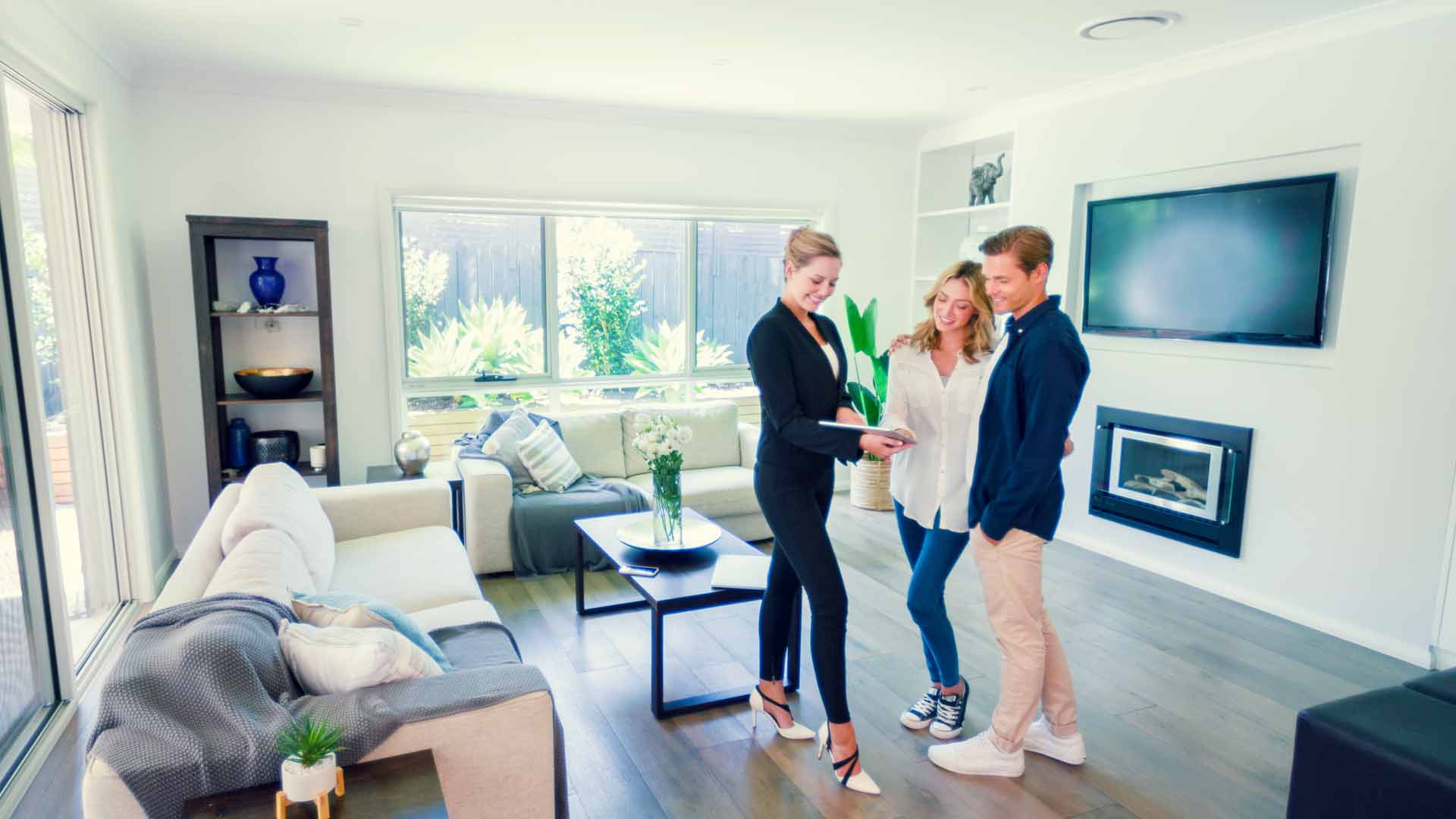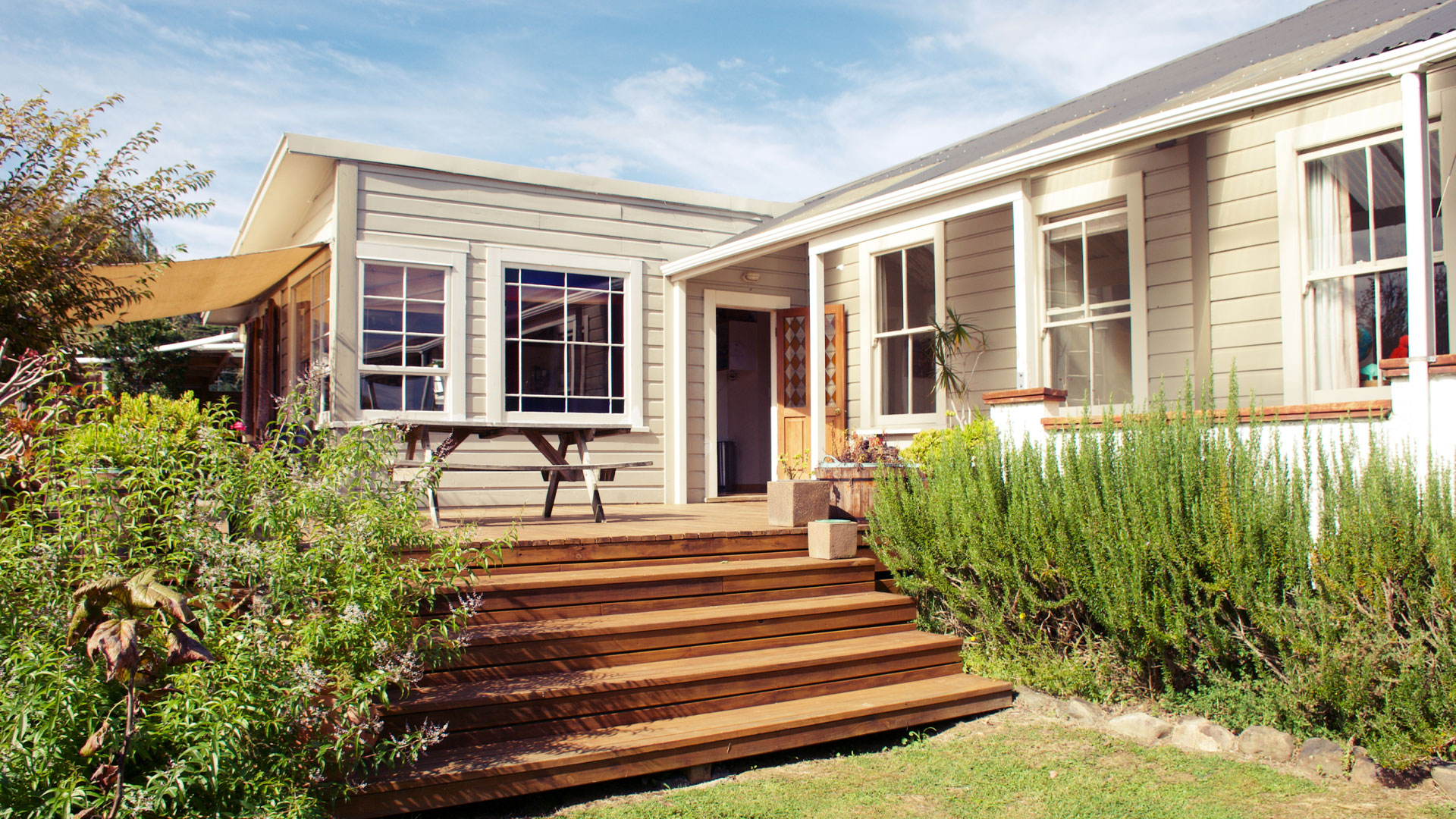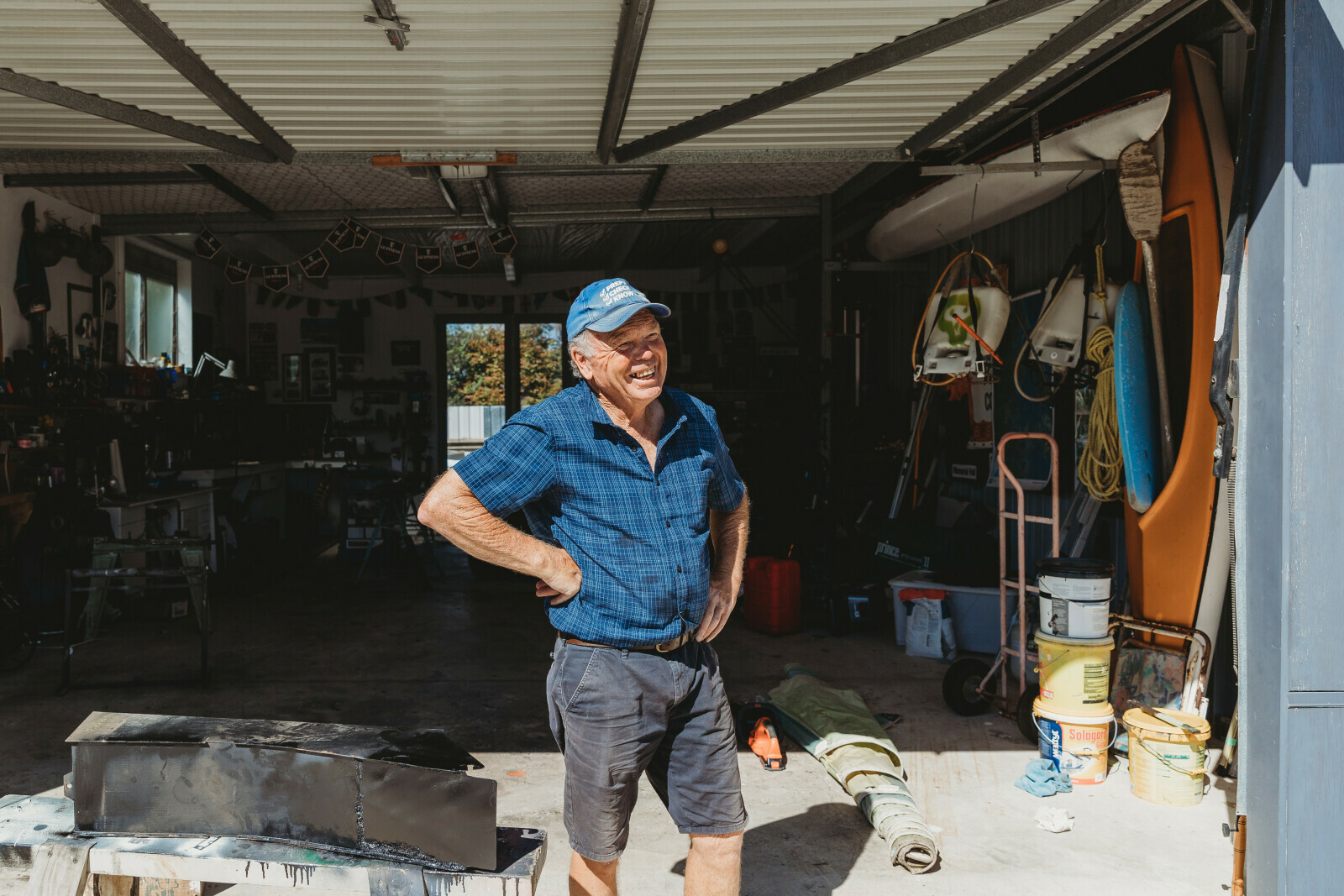Selling guide
Paying agent commissions
A real estate agent earns their keep through commissions rather than a fixed fee.
How much commission do real estate agents take?
Different agencies have different approaches to agent commission.
You get what you pay for
Commission won't be the only cost
Make sure you understand the additional costs on top of commisison.
Choose an agent
Browse our Agent Directory to find local real estate agents in your area
Search nowSearch
Other articles you might like









